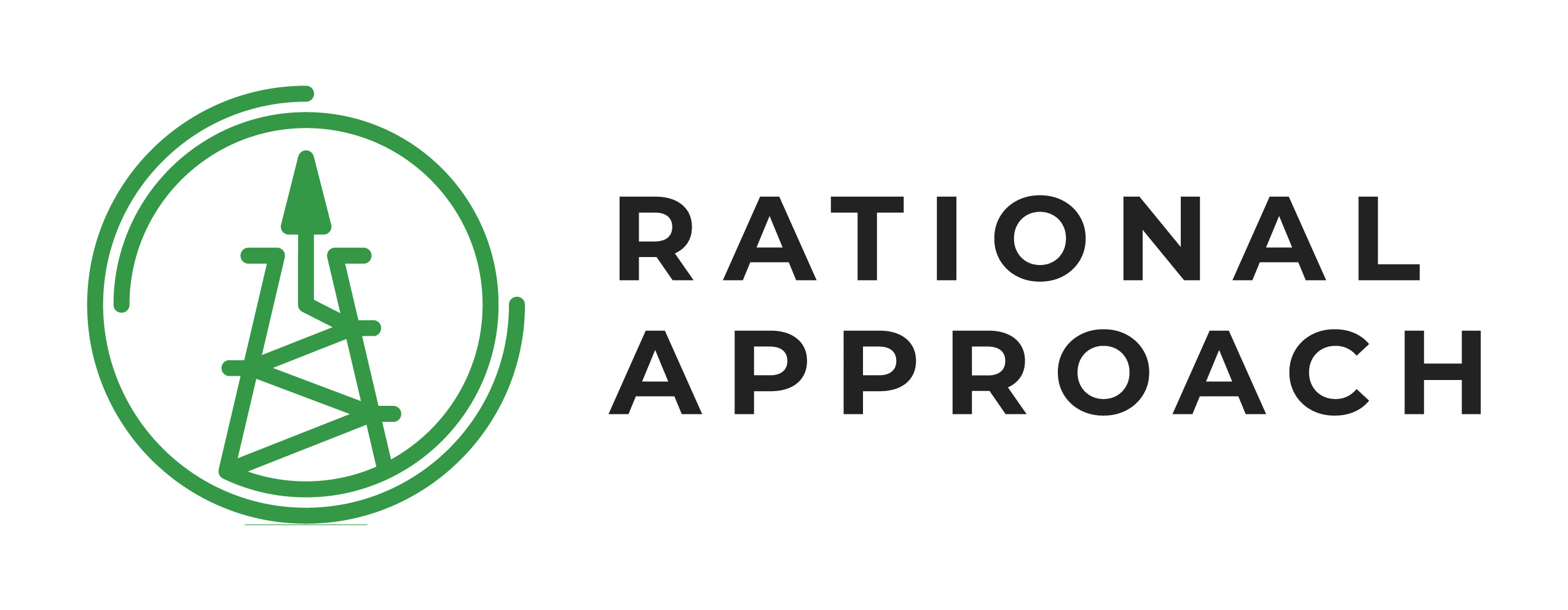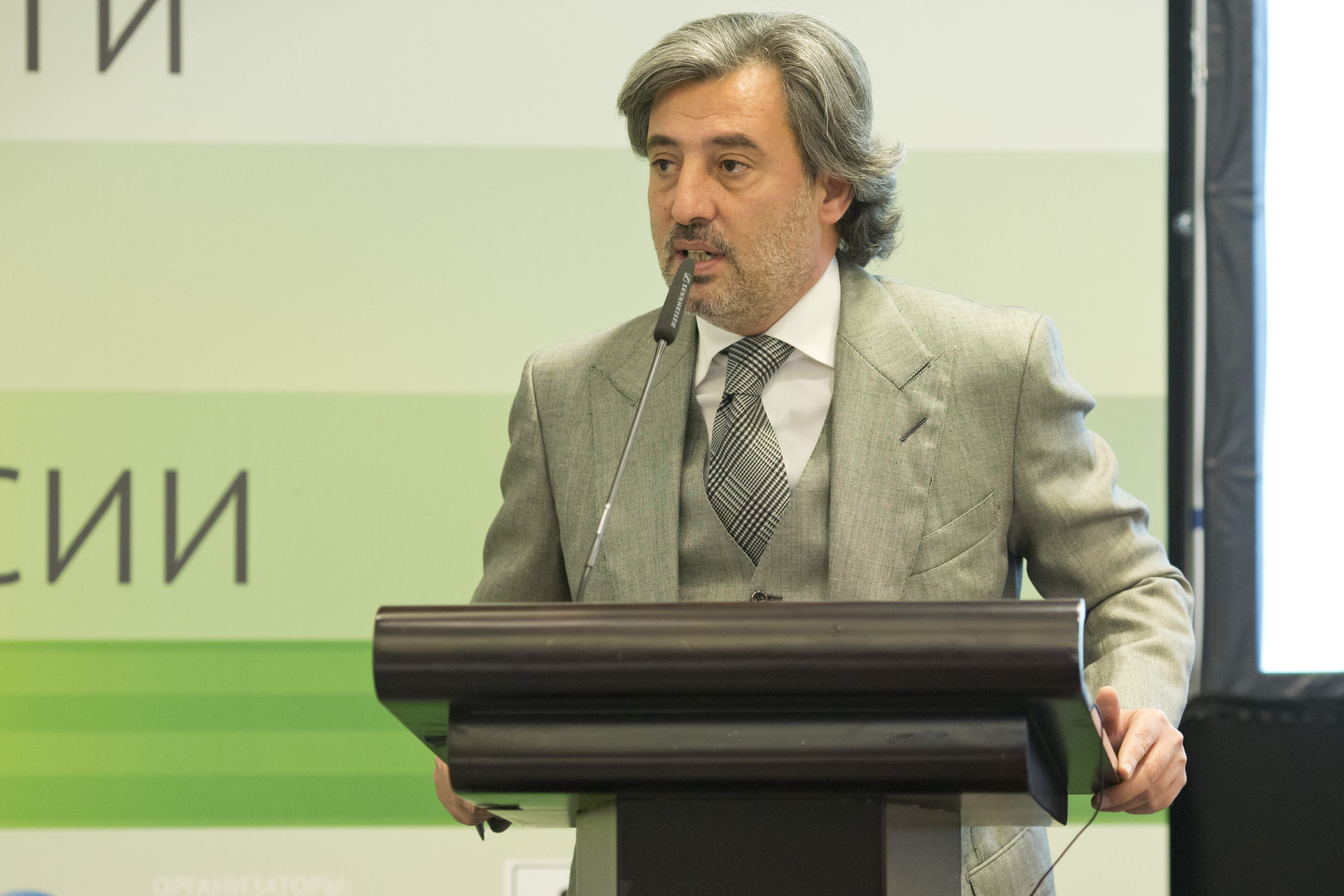Active involvement of the final consumer – the middle class, opened the door for the main achievements of the World Wildlife Fund (WWF) in promoting green economy, such as the development of voluntary certification in the forest management and exploitation of marine and other biological resources. Middle class feelings about the issue are extremely important for almost any manufacturer. According to the famous 20/80 marketing rule (20% of consumers provide 80% of profit), the consumer preferences of the “environmentally sensitive” middle class are in many ways responsible for the “market presence license”. Even though the Russian oil and gas sector industry is quite specific as the companies have been mainly operating not in the environmentally sensitive end-user market, but in the “scarce goods seller” conditions, consumer preferences of the end user are still very important for the vertically integrated oil and gas companies. Competition remains in place for both the end consumer between the vertically integrated companies, and for longer and cheaper financial resources for implementation of new projects.
That is why the World Wildlife Fund (WWF) Russia began to consider the necessity to create an integrated Environmental Responsibility Rating of Oil and Gas Companies operating in the Russian Federation more than 10 years ago.The purpose of such a rating is to allow the end user and financial institutions evaluate company products and to assess various corporate risks (including reputation risks) based on an objective comparison and assessment of the environmental and social responsibility of companies and their management.
Such an uneasy task, in our opinion, must necessarily include environmental performance indicators for the upstream production and downstream processing, as well as the relevant company’s corporate culture and management indicators. Specifically, environmental performance indicators of upstream production include associated gas use ratio, the number and frequency of leaks in oil field pipelines and oil spills, etc. When it comes to downstream processing, the most important indicator is the ecological rating of the final product (Euro-IV, Euro-V, etc). Indicators of the company’s corporate culture and management include compliance of corporate policies with the requirements of environmental NGOs, public transparency of a company and availability of its non-financial reports (it is no secret that in some cases non-financial reports of large state companies resemble reports on social expenditures for shareholders rather than corporate response to general public), policies and practices to ensure implementation of respective corporate regulations among subsidiaries, contractors and subcontractors, certifications by the major international environmental agencies, corporate policies and established practices for their implementation with involvement of broad range of stakeholders, environmental impact assessments and strategic environmental assessments, etc.
I hope that implementation of this project will allow consumers and financial institutions to directly influence the strengthening of the environmental responsibility of oil and gas companies. The rating is important as a tool for comparative assessment of oil and gas industry ecological activities, which should become an efficient tool of enhancing the environmental responsibility of companies and their investment appeal.



